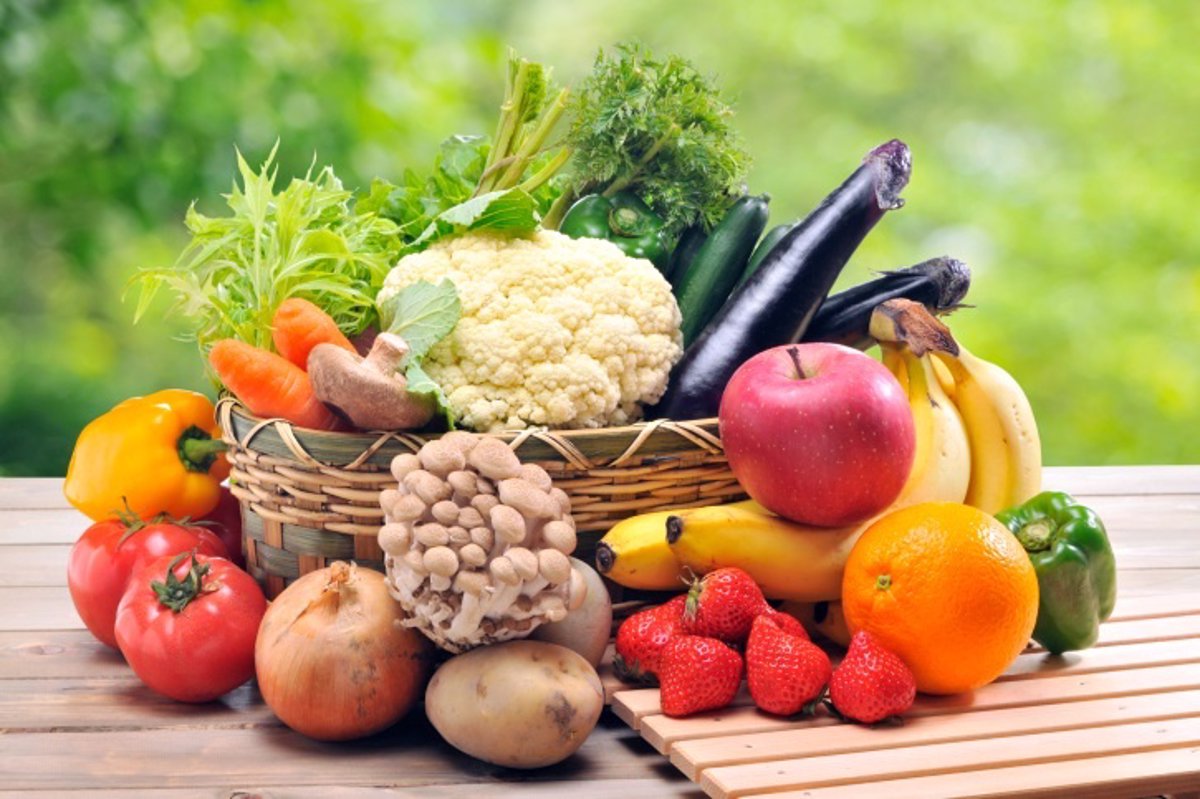Sustainability and health go hand in hand
A healthy purchase marks your diet, since we eat what we buy. Today we have a wide range of food and products in supermarkets and department stores, many of which are not even necessary because they provide little or nothing nutritionally.
Filling our basket judiciously, that is the key. We must know what we buy to make a good choice. Raw materials, nutritional labeling, processed, integral, organic, ultra-processed, functional, seasonal products, etc.
Fruits and vegetables are a great source of nutrients for our body, since they help us prevent chronic diseases such as heart disease, cancer, diabetes or obesity. They provide us with vitamins, minerals, antioxidants, fiber, as well as providing us with satiety and hydration thanks to their high water content (70-90%).
5 servings a day is the minimum that we should consume (3 servings of fruit and 2 servings of vegetables). Is any fruit or vegetable okay?

Thanks to the conservation and packaging techniques we can have almost all the fruits and vegetables throughout the year, but those that have been collected at their optimal moment of maturation are those that are in season, so we will enjoy a better quality: smell , flavor, texture and nutritional contribution, in addition to other economic and environmental benefits.
The fruits and vegetables consumed in their season are the most recommended since:
- They retain their nutritional properties and their supply of vitamins, minerals and other essential nutrients is maintained.
- Its textural and flavor qualities are much more intense.
- They are healthier, they have grown and matured naturally on trees or in the ground instead of artificially ripening in a cold room or greenhouse and without the need to use products that favor their rapid development.
- More ecological and natural, it will not be necessary to use chemical products or pesticides or they will be significantly reduced.
- The production and supply of fruits and vegetables available in their season is greater, which makes their price decrease. We save in our shopping cart and win in health. A trick to know if it is in season is to check if there are a lot of them in the greengrocers and if they are well priced.
- It is not necessary to grow it and import it from other regions, so costs are reduced and prices will be more competitive.
- They help prevent environmental deterioration and favor the diversity of crops, as well as the maintenance of traditional and local agriculture.
- Having been cultivated without additives or pesticides, we protect the soil from contaminants.
- It helps to reduce energy and CO2 emissions since the transportation and storage requirement decreases considerably.
“Nature offers us products in each season of the year and it is this variation that helps us maintain a balanced supply of nutrients”

